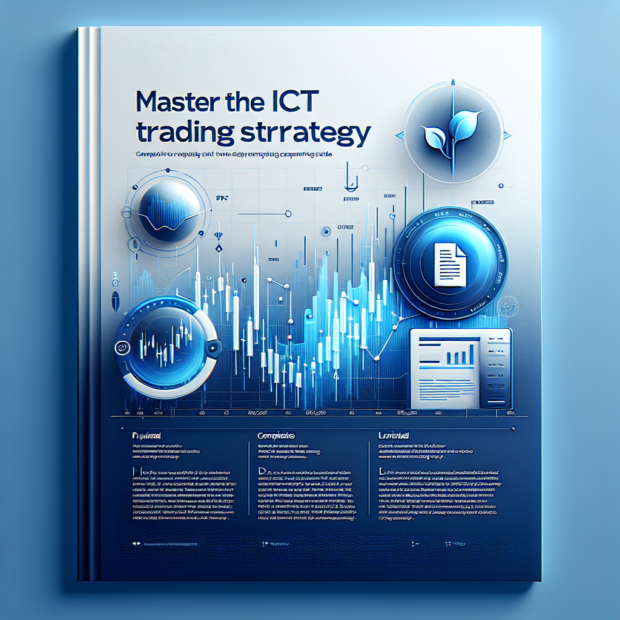Falling Inflation: Why It May No Longer Boost Stocks
As the economic landscape continues to shift, falling inflation has often been heralded as a beacon of hope for investors. Historically, when inflation rates decline, stocks tend to respond positively, reflecting a growing optimism. However, a closer look at the current market dynamics reveals a more complex picture. Today, we delve into why falling inflation may no longer provide the boost to stocks that many investors once anticipated.
Understanding the Shift in Investor Sentiment
The relationship between inflation and stock performance has long been viewed through a straightforward lens: lower inflation equates to stronger consumer purchasing power, which ultimately drives company revenues and profits. Yet, several key factors suggest that this once-reliable correlation may be unraveling.
- Economic Conditions: The broader economic context in which inflation falls plays a pivotal role. If inflation decreases in response to a slowing economy, it can signal reduced consumer demand, adversely affecting corporate earnings.
- Monetary Policy: Central banks are currently grappling with the dual challenges of controlling inflation while ensuring economic growth. A decrease in inflation does not automatically mean a shift to dovish monetary policy. Interest rates may remain elevated for longer to combat persistent economic uncertainties.
- Market Valuations: Many stocks are trading at high valuations, meaning they are more sensitive to changes in interest rates and economic expectations. A decline in inflation might not be enough to justify these elevated prices, particularly if growth looks shaky.
The Role of Central Banks
The actions (and inactions) of central banks heavily influence market behavior. Investment strategists are beginning to emphasize that the Federal Reserve, and others like it, will continue to monitor inflation trends closely—keeping interest rates higher for an extended period if necessary.
Higher Rates, Longer Duration
Many analysts contend that current economic conditions will likely extend the period of elevated interest rates, even in the wake of declining inflation. Here are some of the potential implications for the stock market:
- Cost of Borrowing: As rates remain higher for longer, the cost of borrowing increases, which can hinder corporate investment and expansion plans.
- Sector Rotation: Investors may rotate into income-generating assets such as bonds, which could dampen enthusiasm for equities.
- Consumer Spending: Higher rates can depress spending power as consumers face increasing debt service costs, diminishing retail revenues.
Corporate Earnings Outlook
The outlook for corporate earnings is another crucial variable that investors must consider. When inflation decreases, one might expect margins to improve as costs stabilize. However, many businesses have already passed on these costs to consumers, raising concerns about future pricing power.
Supply Chain Dynamics
Recent global events have further complicated supply chain dynamics, adding an additional layer of uncertainty to corporate earnings. As the economy transitions, production bottlenecks and geopolitical tensions may continue to affect the cost structure and pricing strategies of companies.
This results in:
- Unpredictable Costs: Firms may face ongoing commodity price volatility, necessitating adjustments in pricing strategies.
- Increased Labor Costs: Labor shortages and rising wages exert pressure on profit margins, irrespective of falling inflation.
- Investment Hesitance: Uncertainty around future earnings may lead companies to defer capital spending, stalling potential growth.
Market Valuation Challenges
As stock valuations remain high by historical standards, falling inflation alone may not justify current price levels, especially if economic growth forecast collapses or interest rates remain elevated longer than expected.
Are We in a New Paradigm?
Falling inflation, which once fueled market optimism and cheaper borrowing costs, might no longer deliver the same effects on stock performance.
Investors are gradually awakening to the idea that several competing forces will likely dictate market movements moving forward, complicating the simplistic view that falling inflation equals rising stocks.
Conclusion: A Market to Navigate Carefully
As we move deeper into uncertain economic waters, investors must approach the concept of falling inflation with cautious optimism.
For market participants, this translates into a need for a keen focus on fundamental analysis, sector performance. The landscape may be littered with challenges, but refining investment strategies in response to these changes could unlock new opportunities amidst the complexity.
While the age-old adage may still hold some truth, “caveat emptor”—let the buyer beware—seems more applicable than ever in today’s investment climate.
Falling inflation might not guarantee a rising tide for stocks any longer, making it paramount for investors to stay vigilant and informed in these rapidly changing times.
















Be the first to leave a comment